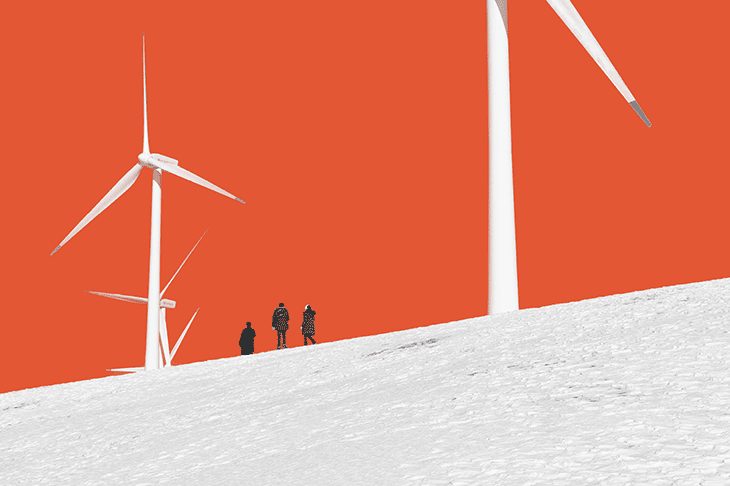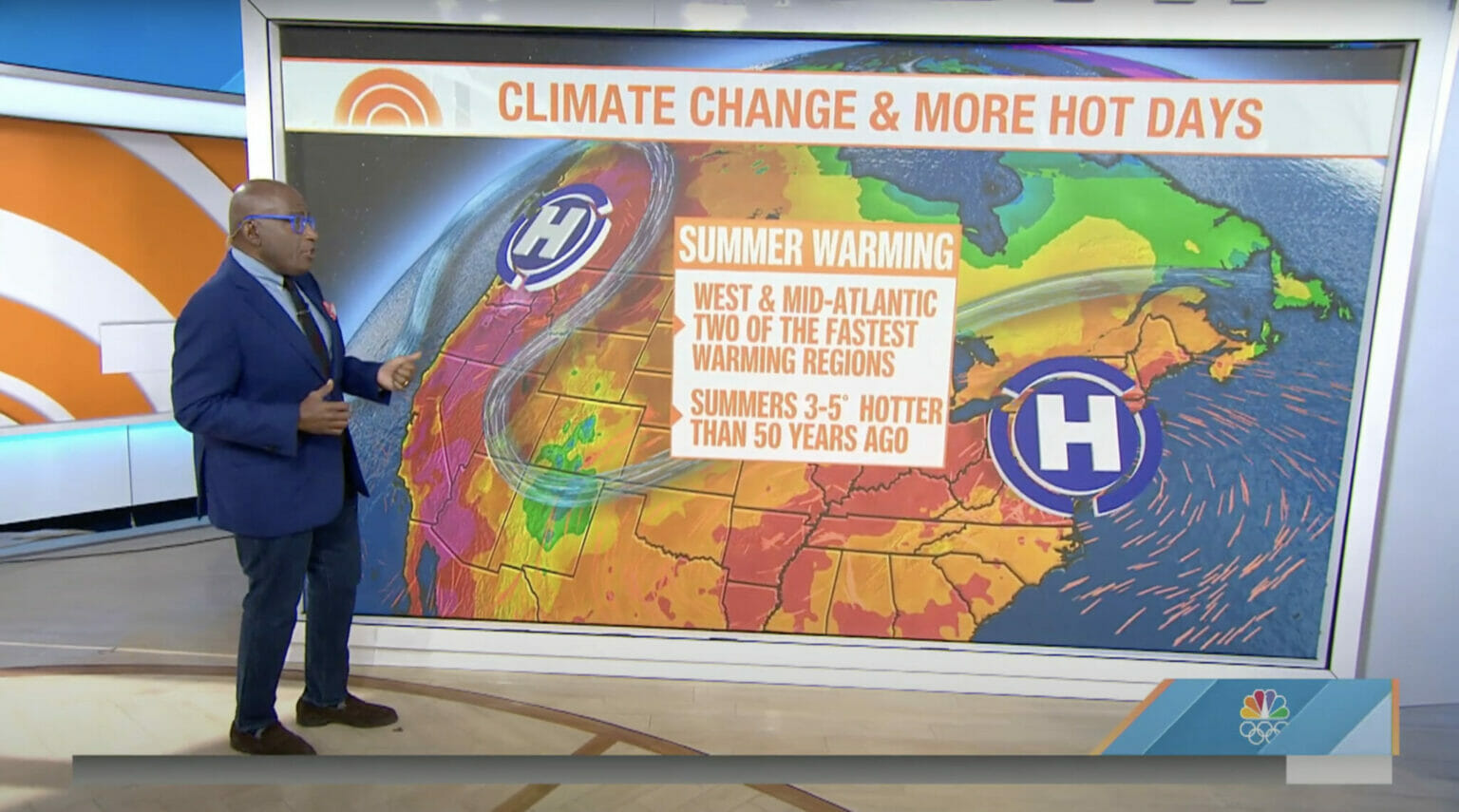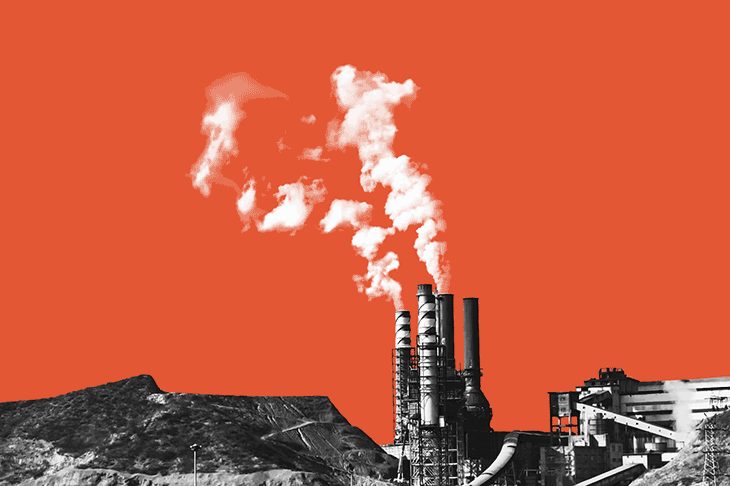Climate Change in Your State
Start with these resources to better understand climate change in your state.
The US Global Change Research Program published the Fourth National Climate Assessment, including climate information by US region, in 2018. Click “Chapters” in the top toolbar. Select your region and click “Executive Summary” to understand the main issues. (The Fifth National Climate Assessment will be available in late 2023.)
The National Oceanic and Atmospheric Administration’s state climate summaries, updated in 2022, offer a state-by-state snapshot of climate change, including climate trends, projections, and historical information on sea-level rise and coastal flooding.
Climate XChange’s State Climate Policy Tracker keeps tabs on the passage and implementation of climate policies by state and reports each state’s greenhouse gas emissions by sector.
Climate Central produces localized and visual resources that make the climate connection. Journalists can sign up to receive region-specific packages by email for use on air.
Finding Sources
For help finding sources, check out the below organizations for background, story ideas, and voices for your reporting. In addition, check out your local university departments and local climate activism groups.
SciLine can connect you with knowledgeable expert sources when you need research-backed facts or scientific context for a story.
The American Association of State Climatologists is a scientific organization that lists contact information for state and regional climatologists, who provide weather and climate information to the public.
The Environmental Protection Agency works with state environmental agencies. Contact state agencies directly to better understand local issues and actions.
Earthjustice, a non-profit legal organization, has regional offices across the US working on local legal cases.
The youth-led climate advocacy group Sunrise Movement has more than 100 local hubs across the US, which maintain online presences.
The Natural Resources Defense Council is a non-profit environmental group with regional offices throughout the US. Contact the NRDC for your region to find out what they’re working on.
Dig Deeper
Get more detailed information on specific climate-related topics.
Agriculture. The US Department of Agriculture publishes regional climate hubs with information on agriculture and climate in your region.
Beliefs. Yale Climate Opinion Maps, produced by the Yale Program on Climate Change Communication, has county-level data on Americans’ climate beliefs, collected in 2021.
Education. The National Center for Science Education scores public education on climate change. What’s your state’s grade?
Energy. The US Energy Information Administration reports state-level energy use, production, prices, and more.
EVs. Find electric-vehicle charging stations in your zip code. Check whether your state has a local EV club to see how people in your area are using EVs.
Grid modernization. How ready is the electrical grid where you live to support increased electricity usage as your area transitions away from fossil fuels? The Grid Modernization Index Readiness Framework ranks states. (To be updated in 2023.)
Health. The Medical Society Consortium on Climate & Health tracks state action on climate change and health. Connect with local experts.
Legal. The Sabin Center for Climate Change Law at Columbia University maintains a database of active environmental and climate lawsuits by state.
Politics. Before talking to your congressional representatives about their climate positions, check OpenSecrets to see whether they’re funded by the fossil fuel industry or other similar interests, whether they recognize climate science, and how the League of Conservation Voters scores them based on their policy positions (new scores to come).
Solar & wind. The Solar Energy Industries Association tracks solar energy data by state, and the WINDExchange tracks wind energy data by state.


